Prescription drug abuse can be difficult to notice. Because prescription drugs are often prescribed by a doctor, at first glance, it may be challenging to differentiate between normal prescription drug use and abuse of these medications. However, there are defined markers that can give you a clearer view into whether someone is abusing prescription drugs. Keep reading to learn more about the signs of prescription drug abuse.
What is Prescription Drug Abuse?
Prescription drug abuse involves taking a prescription medication in any way that is not in accordance with how it was prescribed by a medical professional. That means taking a medication that you were not prescribed yourself or taking more doses than prescribed in a shorter period of time could be considered prescription drug abuse or misuse.

Why Look for Signs of Prescription Drug Abuse
It’s important to keep an eye out for prescription drug abuse because it can easily spiral into addiction. An individual may start misusing prescription drugs and become dependent on them, which could lead to addiction.
Some prescription medications have a high addiction potential, and using them in any way they are not prescribed could heighten that risk. This is why if you notice signs of prescription drug abuse in yourself or a loved one, it’s important to take steps to break this cycle. Abuse of prescription drugs can lead to health consequences, including stronger side effects or, in severe cases, overdose.
The Signs of Prescription Drug Abuse
The signs of prescription drug misuse vary on the drug being abused. Several types of prescription drugs are more commonly abused than others. These include opioids (such as Percocet and Oxycontin), stimulants (like Adderall and Ritalin), and benzodiazepines (like Xanax and Valium). Each class of drugs can lead to different signs of substance abuse.
Signs of Opioid Abuse
- Nausea
- Constipation
- Drowsiness and confusion
- Increased doses needed for pain relief due to developing a tolerance
- Slowed breathing rate
Signs of Stimulant Abuse
- Alertness
- High blood pressure and irregular heartbeat
- Insomnia
- Paranoia
- Agitation
- Higher body temperature
Signs of Benzodiazepine Abuse
- Drowsiness and confusion
- Inability to concentrate
- Poor coordination
- Memory problems
Behavioral Signs of Prescription Drug Abuse
In addition to these various physical and psychological signs of prescription drug abuse, there are also behavioral signs that may indicate a person is misusing a prescription. These include:
- Forging or stealing prescriptions
- Taking increasingly higher doses of the medication
- Interruptions in one’s sleep schedule
- Mood swings or irritability
- “Losing” prescriptions to have them replaced or refilled
- Attempting to get prescriptions from more than one provider (also called doctor shopping)
What To Do If You Notice Signs of Prescription Drug Abuse in a Loved One
If you notice signs of prescription drug abuse in yourself or a loved one, it may be time to seek professional help. Prescription drug abuse treatment programs can help you overcome your dependence on these medications through tailored support. Many addiction treatment centers specialize in prescription drug addiction treatment that can help individuals achieve lasting recovery.
What Does Prescription Drug Addiction Treatment Entail?
Prescription drug addiction treatment will depend on several factors, including the severity of the addiction, the needs of the client, and their preferences for treatment.
For people just starting out in their recovery, the first step may be detox. Individuals will stop using the substance and undergo detoxification, during which they may experience a range of withdrawal symptoms. At addiction treatment centers with detox programs, medical staff will be available to monitor the client’s health and administer medication as needed.
After detoxification, the client will then enter a treatment program. Programs are available in both residential settings, which require the client to live on-site at the treatment center while participating in the program, or outpatient settings, which involve the client only coming to the treatment center for programming. Both types of care provide benefits, and what is most suitable for you will depend on your unique situation.
Find Quality Prescription Drug Addiction Treatment at Pinnacle Detox and Recovery
If you recognize the signs of prescription drug abuse in yourself or a loved one and want to seek treatment, Pinnacle Detox and Recovery can help. Our prescription drug abuse treatment center delivers compassionate, evidence-based care in a comfortable environment. We offer detox and residential treatment services to help clients start their recovery strong.
To learn more about our programs, reach out to our team today.






